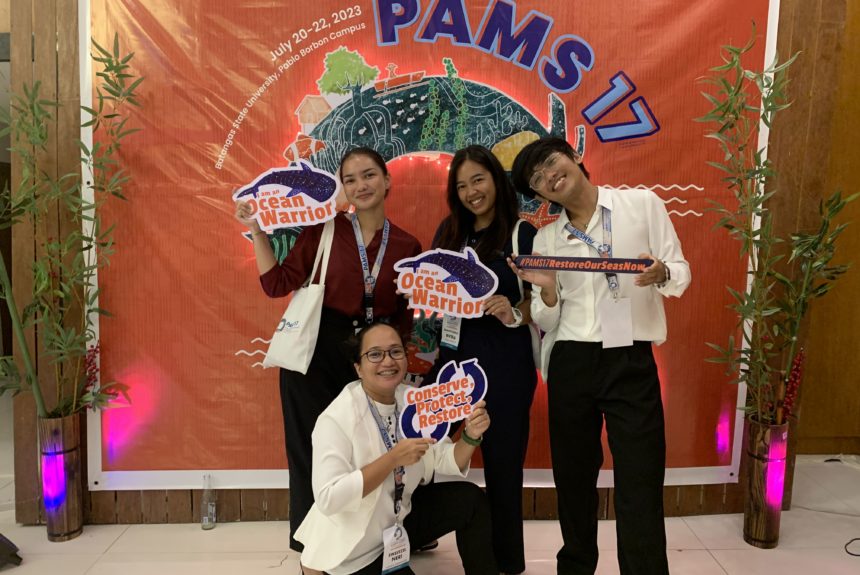Last week, Batangas State University played host to a pivotal event in the field of marine science – the 17th National Symposium on Marine Science, organized by the Philippine Association of Marine Science (PAMS). This year’s theme, “Saving Our Seas: Restoring marine systems for people and nature,” resonated deeply with over 500 attendees from various sectors including academia, government, NGOs, and the private sector.
The urgency of the Symposium’s theme was clear. In a world grappling with environmental changes, the call to action to restore our marine ecosystems has never been more pressing. Dr. Jayvee A. Saco, PAMS President, emphasized this during the Opening Program, affirming the organization’s dedication to this cause.
A standout moment was the keynote speech by Academician Gil S. Jacinto titled “Philippine Marine Science: Navigating the Ocean Decade towards 2030.” Dr. Jacinto highlighted the underinvestment in ocean science in the Philippines, despite its critical importance. He challenged attendees to leverage their scientific research to contribute to healthier, more resilient oceans, emphasizing that ocean science should serve the communities interacting with these ecosystems.
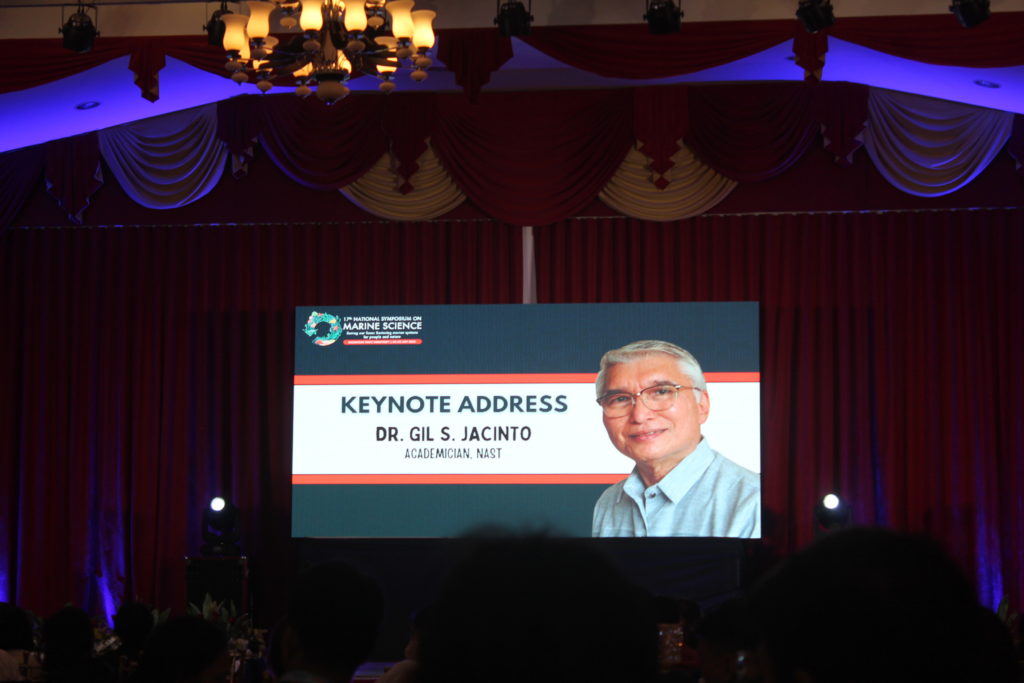
The symposium was not just about speeches but also about sharing knowledge and advancements in the field. With over 350 oral and poster presentations, topics ranged from ecosystem diversity and governance to fisheries, conservation, and marine pollution. These presentations were a testament to the breadth and depth of ongoing research and initiatives dedicated to marine restoration.
Oceanus Conservation was also given the opportunity to share the organization’s activities. We shared invaluable insights from the extensive work in mangrove restoration and the citizen science of mangrove monitoring. We also showcased how we are leveraging technology to enhance community knowledge, including the use of ocean sensors providing real-time data. These sensors, deployed in notable locations like the UNESCO World Heritage site Tubbataha and Lian, Matuod Batangas, represent a significant advancement in marine conservation efforts.
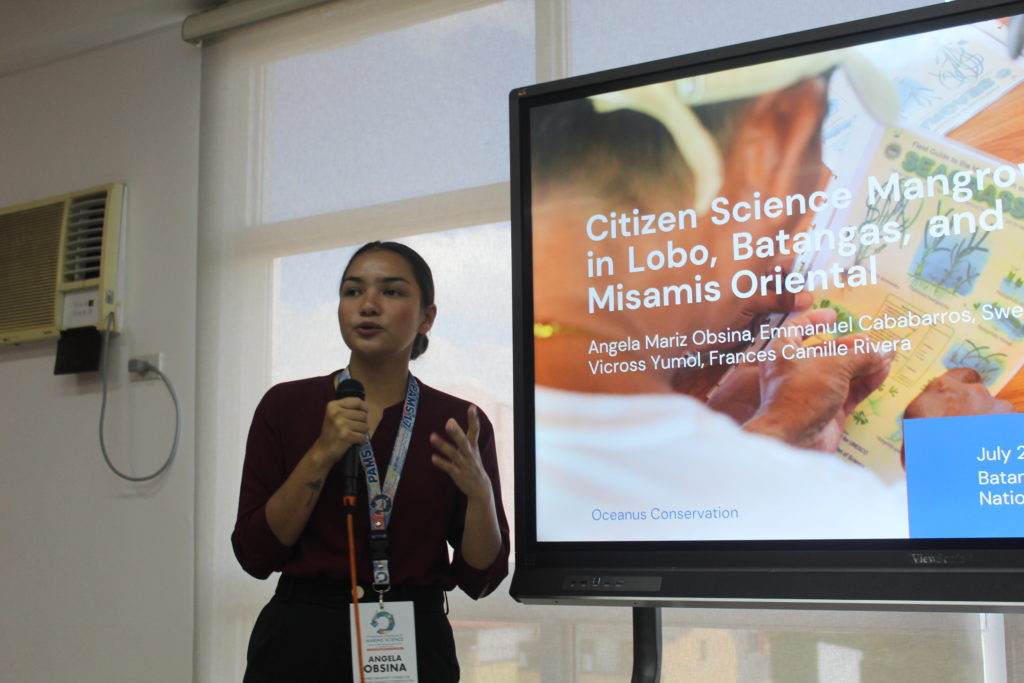
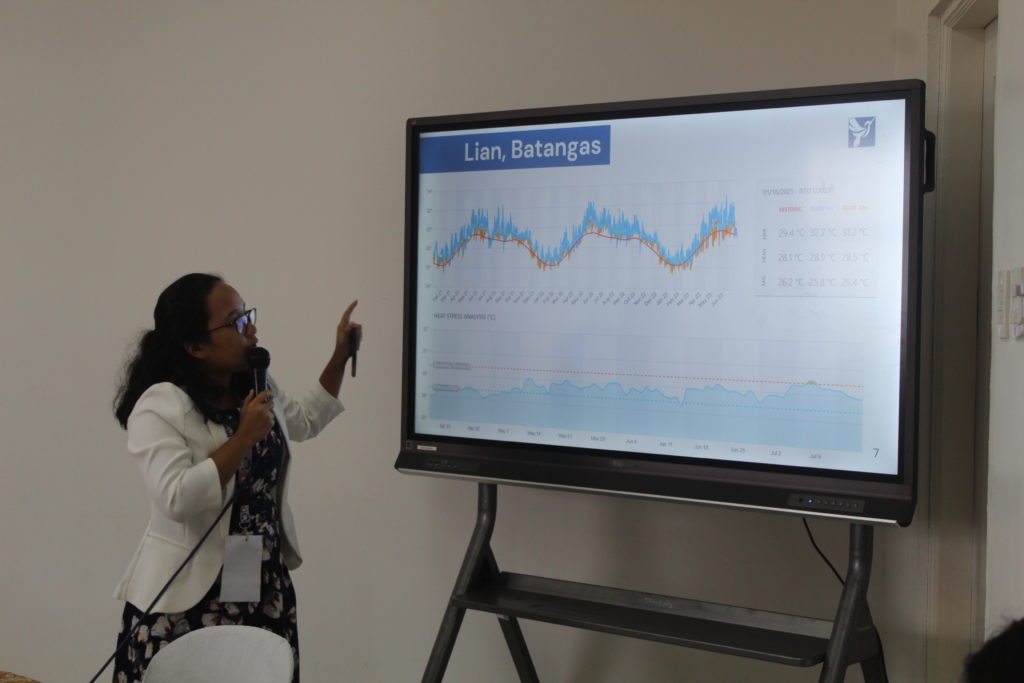
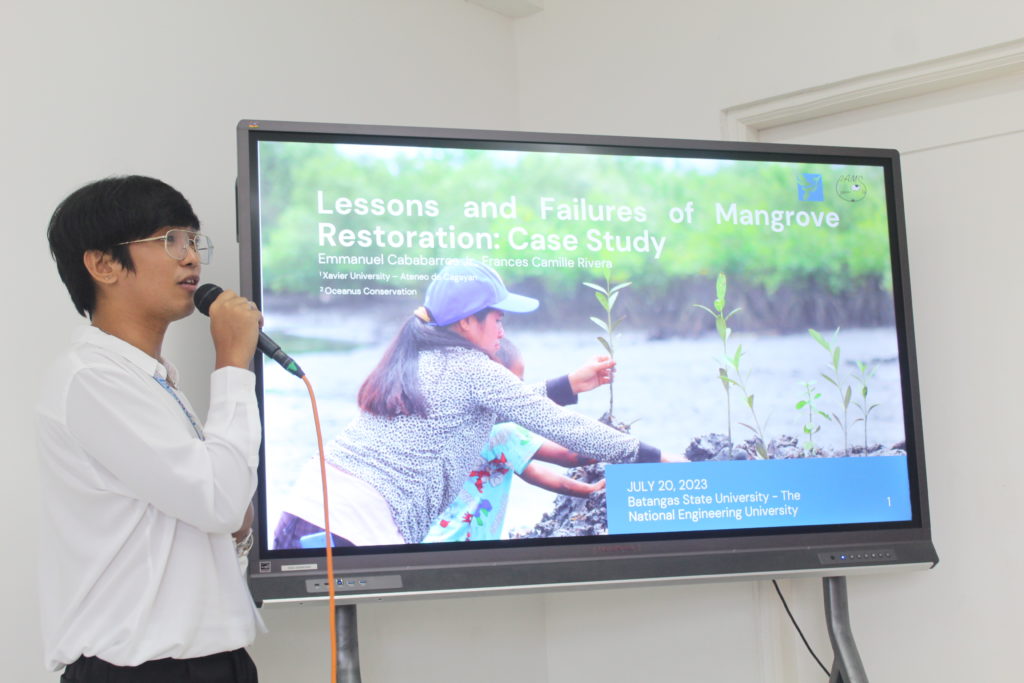

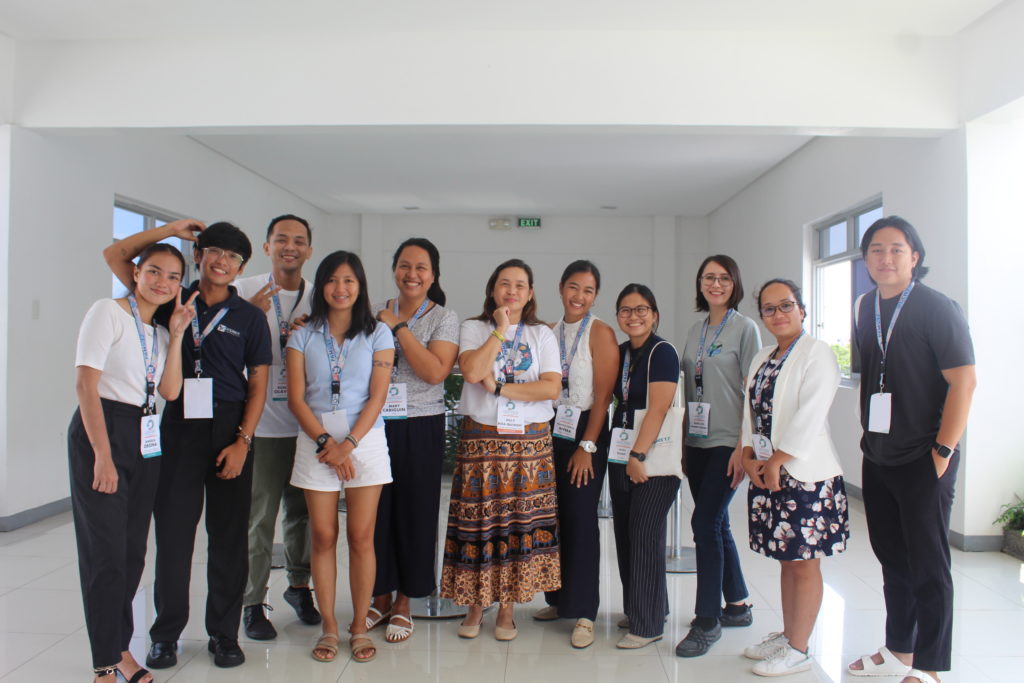
The event was a confluence of ideas, research, and commitments, offering a beacon of hope and direction for the future of our oceans. As the Symposium wrapped up, there was a palpable sense of responsibility and eagerness among participants to apply their learnings and continue the vital work of restoring our marine systems, not just for nature but for the people who depend on them. ##
